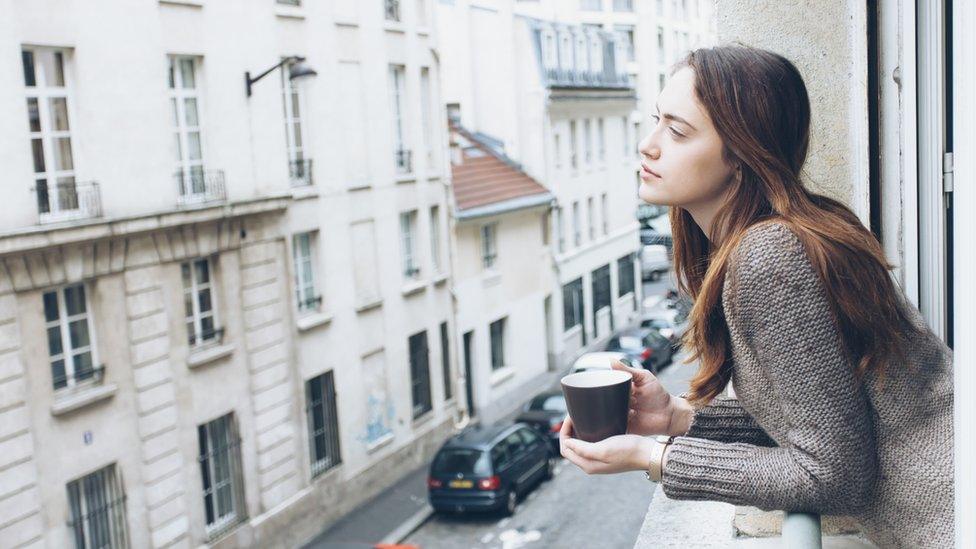Brexit leads to sharp drop in au pairs from Europe, agencies say
- Published
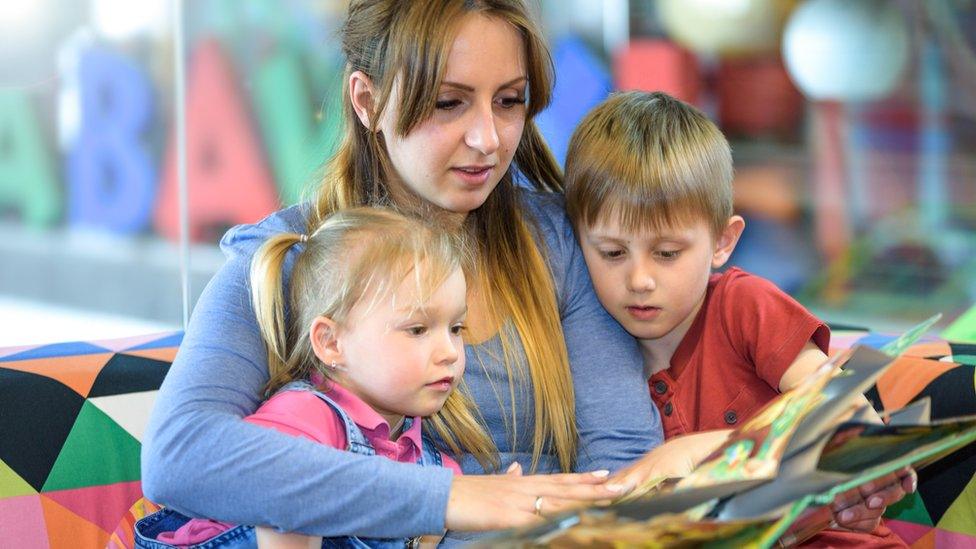
An au pair agreement was signed in Europe in 1969 to regulate the "cultural exchange"
The number of au pairs from EU countries working in the UK has fallen by as much as 75% since the Brexit vote, according to the industry's representative body.
The British Au Pair Agencies Association (BAPAA) said "every agency is suffering" with European youngsters reluctant to take up places with British families following the vote to leave the EU.
While demand for this type of childcare remained high, agencies had been forced to reduce staff or in some cases, close altogether, it said.
BAPAA is seeking urgent clarity on the immigration status of au pairs, which will change when the transition period ends in 2021.
Until then au pairs have freedom of movement to come and go from Europe.
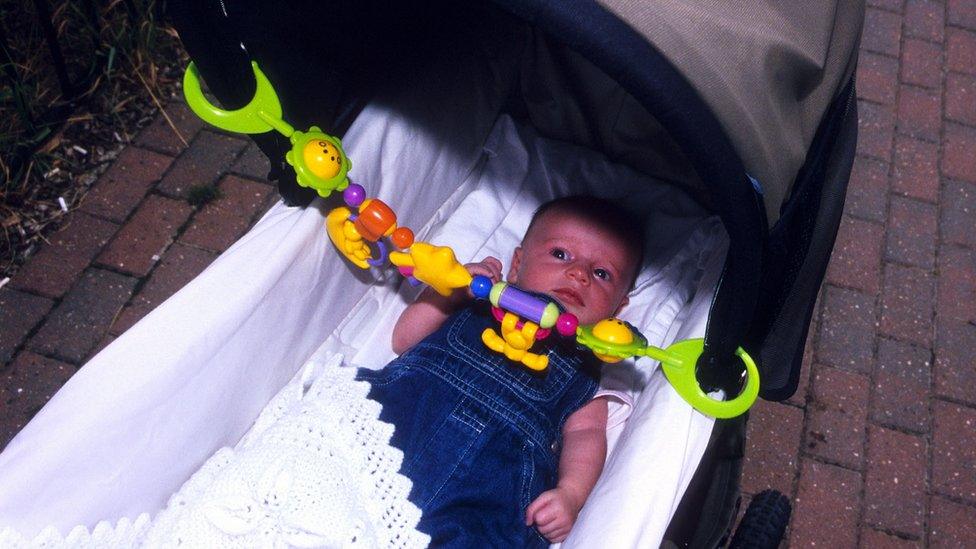
Many agencies have experienced a decline in au pairs coming from Europe since Brexit
This reciprocal agreement allows au pairs to work short stays of between three and 12 months, often attending a language school, with their board and lodgings covered by the host family.
The concept of au pairing originated in Europe with an agreement between European nations signed in 1969 regulating placements.
Au pairs perform childcare duties and do light household tasks but are not allowed to work more than 30 hours a week, for which they are paid an average of about £90 a week to cover personal expenses.
Maureen Cherrie of the Sunflower Au Pair Agency only places young people from Europe with London families.
She said "uncertainty" since the Brexit vote had resulted in a 60% reduction in her business.
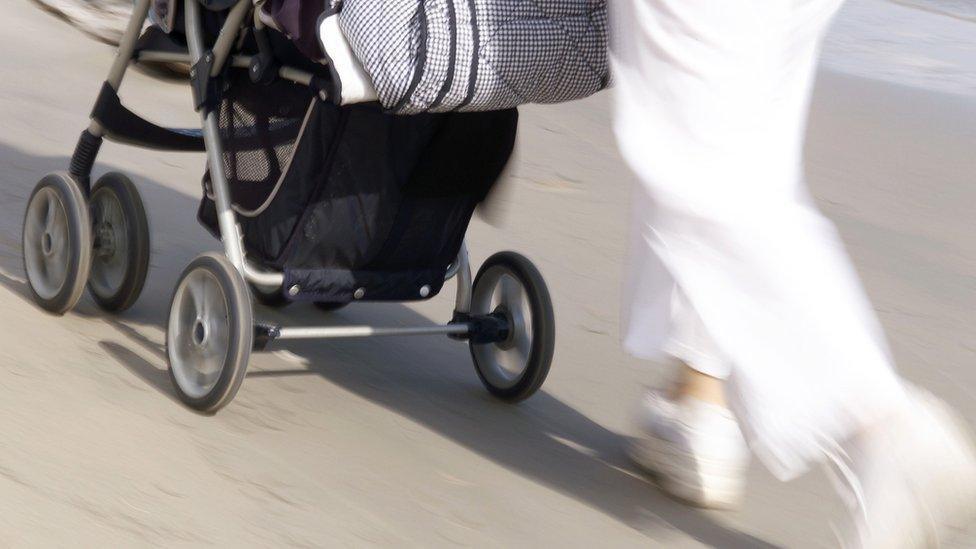
Au pairs usually take up posts with families to improve their language skills and stay for up to two years
After 50 years of placing au pairs across the UK, Lorraine Bushell from Solihull in the West Midlands said supply had virtually collapsed from Europe since Brexit.
"I think adverse publicity in EU countries may have put them off from coming in the numbers required.
"I now really only run my nanny service, placing British girls with families," she said.
BAPAA member Maggie Dyer has run the London Au Pair Agency for 40 years. "It's been ghastly. I'm broken from a business point of view," she said.
"I love what I do but I don't wish to bring youngsters from further away.
"It's always been about the cultural exchange between the Europeans and the English," Ms Dyer added, saying there was still plenty of demand in London for au pairs.
She worries the message being sent out since the referendum is one of "we don't like foreigners and you won't be welcome".
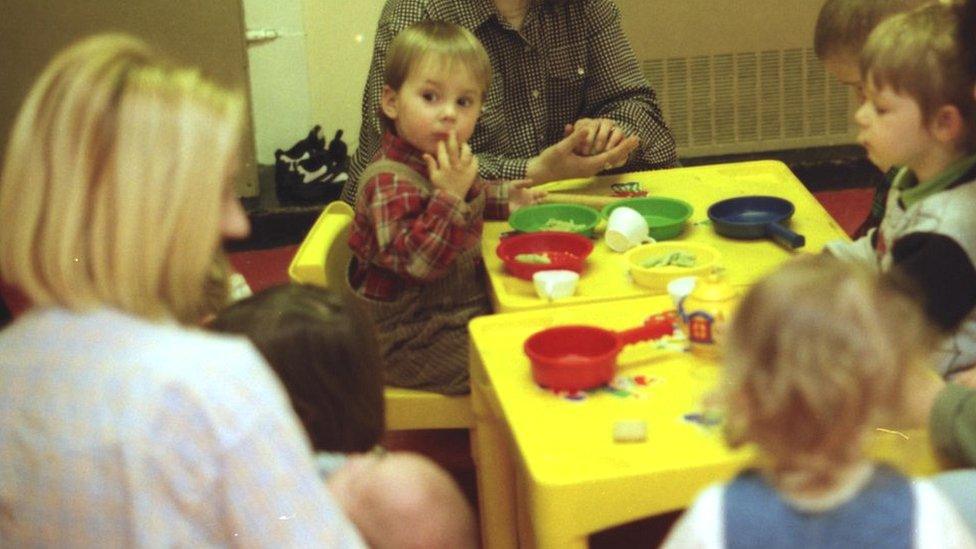
Au pairs from Germany have declined the most, according to BAPAA
Alex from Norwich is a mother of one child, aged five. She said she had employed two "amazing" au pairs from Europe but gave up a year ago after failing to find a replacement.
"It's been impossible and I've had absolutely no success for a while now, I've had to resort to a series of babysitters. Other mums have struggled too," she said.
In Scotland, one of the au pair's at Ruth Campbell's agency, Frederica Pompa, 19, was quizzed at Glasgow airport on her return from Italy at Christmas.
Frederica said her parents had been concerned about her travelling without a passport and that it had been an "uncomfortable" experience.
"I consider myself strong enough to carry on from that situation but if I were not so strong I would have panicked," she added.
The girl was also wrongly told by customs officials she should not be travelling with an ID card and must get a passport.
The law states EU citizens can travel into the UK with an ID card until the end of 2020, when the transition period ends.
Ms Campbell said numbers coming to her from Europe this January had halved since last year but she was getting more bookings for August.
She believes she has not suffered as much as her English colleagues because Scotland has been seen "as more welcoming and pro-Europe".
A big concern for the industry now is whether or not au pairs in future would have to have a visa, who would pay for it and how much one would cost.
"At present it's cheaper for youngsters to come from places like France and Germany for a few months to improve their language skills," said Ms Campbell.
"But if they have to pay for a passport and a costly visa and have savings, they might choose to go to sunny Australia or the US instead," she added.
Concern about future travel arrangements was the main concern among the several au pairs the BBC spoke to.
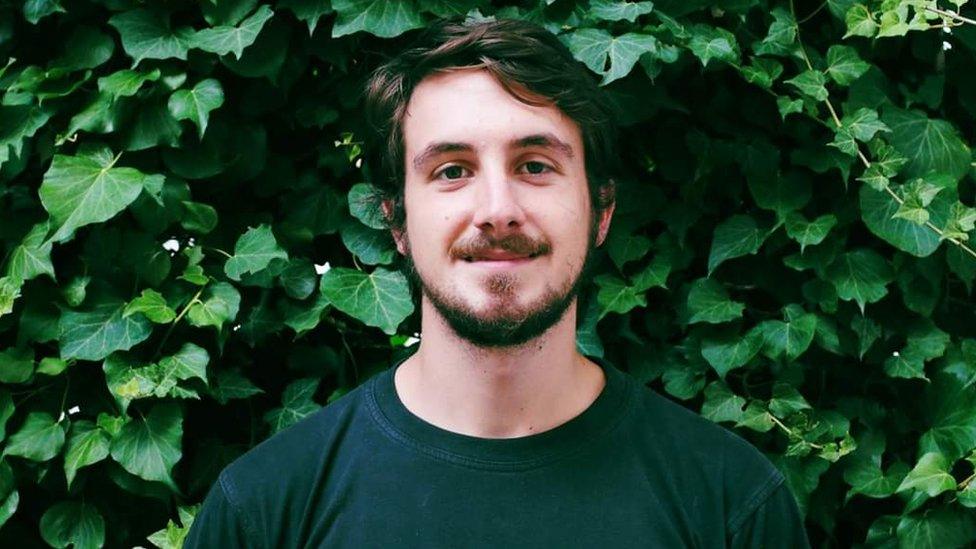
Vittorio Veronesi said he was concerned before coming to the UK
Vittorio Veronese, 23, has been working as an au pair in Norwich for the past three months.
"Despite the Brexit I decided to come here because I wanted to learn to speak correct English, not American or Australian English," he said.
"Before [coming] I was a bit concerned, especially as I do not have a passport, only an ID card, but then I read in a newspaper that these bureaucracy things would remain the same as before for a year.
"In general Brexit is sad for future au pairs. I have been made very welcome here and the people are polite and kind," he added.
With most au pairs choosing to live with a family straight after college and before going to university, Ms Campbell believes any time-lag between applying and receiving a visa may also put youngsters off.
"It's just very frustrating for all of us at the moment. You just feel the government isn't really interested in our industry," she added.
BAPAA chairwoman Jamie Shackell said German au pairs had been proving most reluctant to commit.
In the year before the Brexit vote, her own agency placed 150 German au pairs with families but that number fell each year since the referendum to just 32 last year.
Having expanded her business in 2014 and moved to new offices in Chelmsford she had to lay staff off and is operating from home again.
"It's the uncertainty that's putting them off," she said.
The Home Office would not comment specifically on how au pairs would be affected after the end of this year.
Instead it said once free movement had ended EU nationals would be subject to the same criteria at the border as nationals from Australia, Canada, Japan, New Zealand, Singapore, South Korea and the USA.
But BAPAA wants the government to create a special sub category for au pairs to allow them to come for up to a year.
"There is no need for au pairs to prove they have £1,890 in their bank account as their expenses are covered by a host family.
"As well as being a very important cultural exchange, it is also a very affordable form of childcare and is less stressful for working families than sending children to breakfast or after school clubs," Ms Shackell added.
- Published28 November 2017
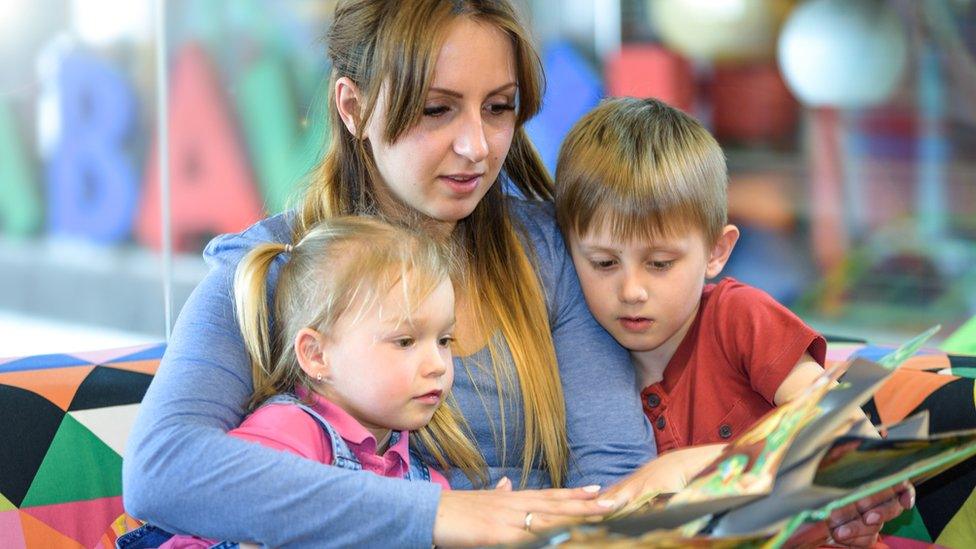
- Published28 November 2018
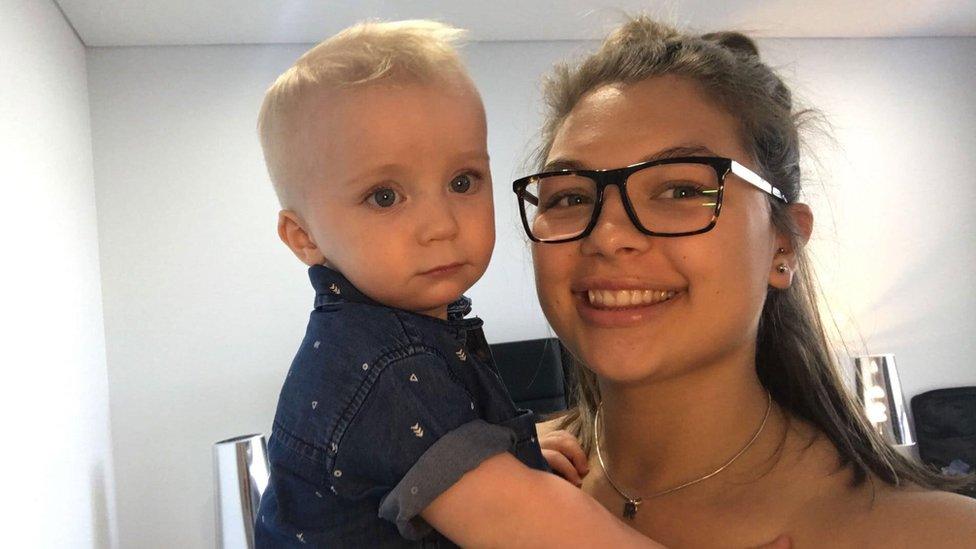
- Published30 January 2020
